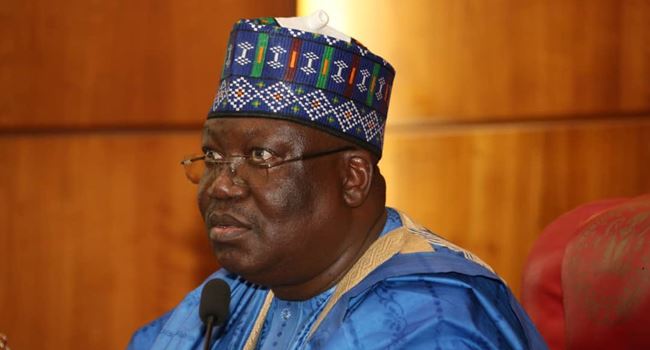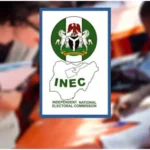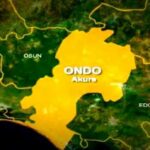The House of Representatives has re-amended the Electoral Act Amendment Bill to include consensus as part of the options for the nomination of candidates by political parties for various elective positions.
The amendment followed a motion for the re-committal of the bill to the Committee of the Whole by House Leader, Alhassan Ado Doguwa during the plenary on Tuesday.
- Electoral bill: Why House differed with Senate on new provisions – Rep
- Electoral Act: Gbajabiamila Introduced Direct primary to favour someone – Na’Allah
This came a week after the two chambers amended the bill with the Senate and House of Representatives approving different versions.
While the upper chamber approved direct, indirect primaries or consensus as to the mode of primaries for political parties, the lower chamber had only provided direct and indirect mode.
President Muhammadu Buhari had declined assent to the draft law over the provision of direct primaries as the sole mode of conducting political parties’ primaries.
Both chambers during plenary yesterday re-amended the bill for a second time to include provisions, which clearly define the mode of primaries for political parties.
The House said the addition of consensus as part of options for mode of primaries in the electoral bill was to fast track the process of transmitting the bill to the president for assent.
The Speaker, Femi Gbajabiamila, stated that the House added indirect primaries to the bill a week ago.
He said: “Unfortunately, on the other side, the Senate added both indirect primaries and consensus. This made it necessary for a conference committee of both chambers.
“However, the leadership of the House met yesterday (Monday) and agreed to add consensus as well in order to speed up the process and therefore to have no need for a conference, provided that there will be some conditions to protect all aspirants.”
Senate President Ahmad Lawan, after the amendment, said he was optimistic that the bill would be signed into law when transmitted by the National Assembly to the President for his assent.
He warned that political parties that fail or refuse to abide by the provisions on the mode of primaries, would miss out on the opportunity to participate during elections.
“Our desire is to ensure that we reform the electoral processes in Nigeria for better transparency, accountability and integrity to the satisfaction of Nigerians and the international community.
“Political parties, when this is signed into law, will have the responsibility of ensuring that they follow the law, otherwise they will end up missing the opportunity to participate in elections,” he said.

 Join Daily Trust WhatsApp Community For Quick Access To News and Happenings Around You.
Join Daily Trust WhatsApp Community For Quick Access To News and Happenings Around You.


